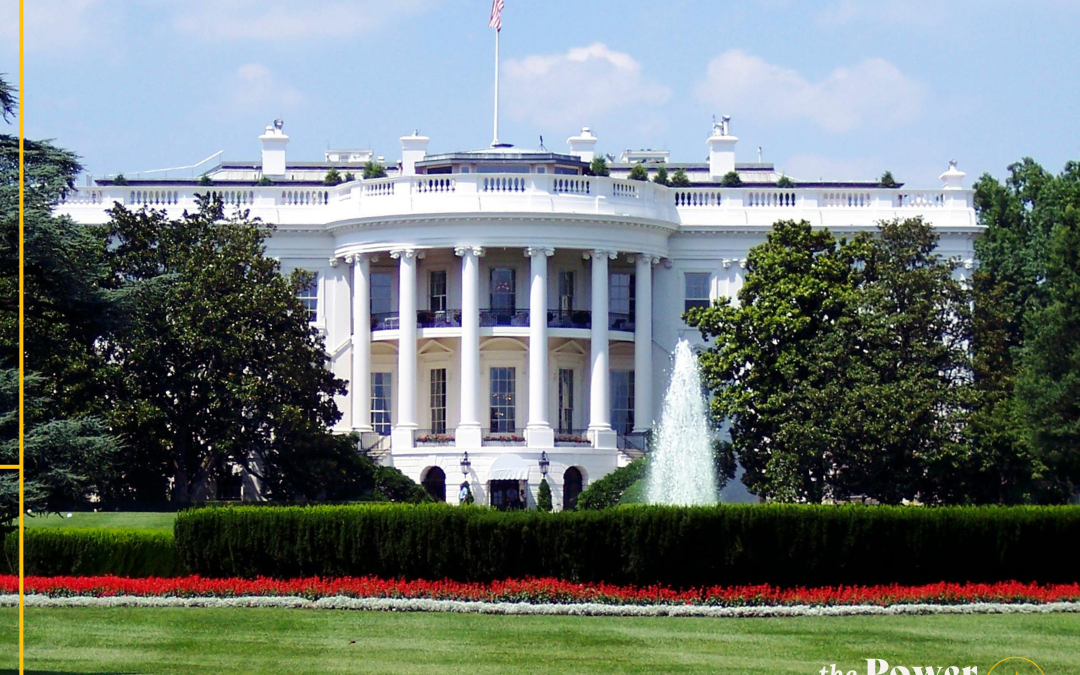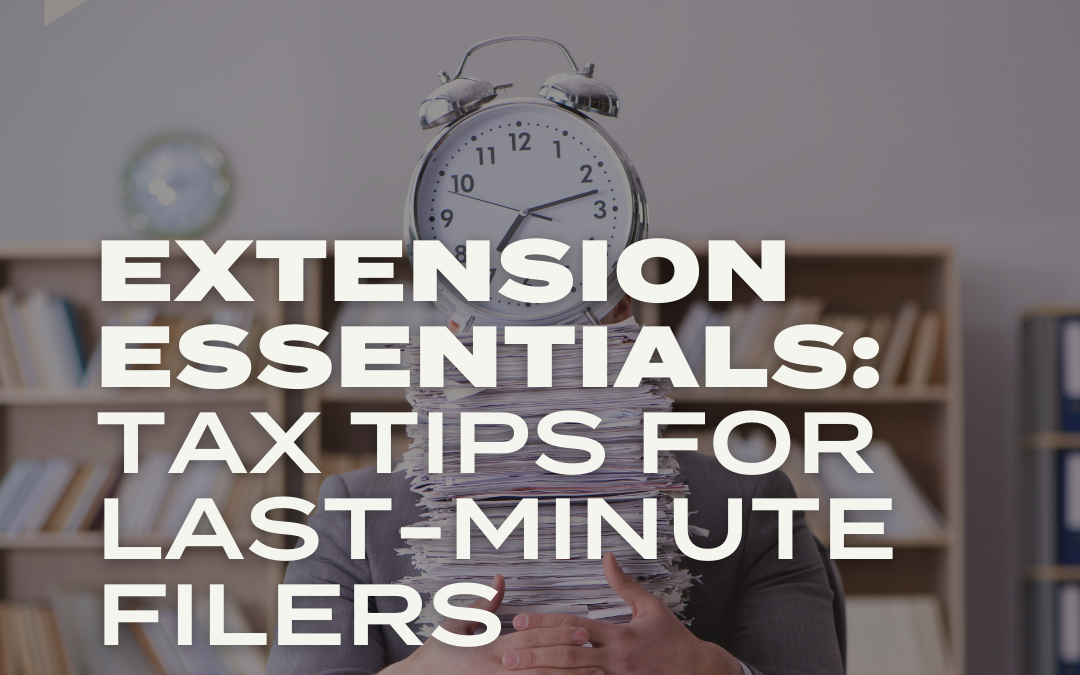Earlier this year, in response to the novel coronavirus (COVID-19) crisis, the IRS postponed numerous federal tax filing and payment deadlines. If you took advantage of the extra time, it’s important not to forget about your return or lose sight of any important details.
Recapping the Relief
For taxpayers with a 2019 federal income tax return or payment that had been due on April 15, 2020, the due date for filing and paying has been automatically postponed to July 15, 2020, regardless of the size of any payment owed. The taxpayer doesn’t have to file Form 4868, which allows automatic extensions for individuals, or Form 7004, which should be used for certain business income tax, information and other returns.
The relief also applies to estimated income tax payments (including tax payments on self-employment income) previously due on April 15, 2020, and June 15, 2020, for the taxpayer’s 2020 tax year. The IRS has clarified that the postponed deadline also applies to numerous other federal tax filing and payment deadlines that had been on or after April 1, 2020, and before July 15, 2020, including gift and generation-skipping transfer tax filings and payments.
As a result of the return filing and tax payment postponements, the period from April 1, 2020, through July 15, 2020, is disregarded in calculating any interest, penalty or addition to tax for failure to file the postponed income tax returns or pay the postponed income taxes.
Filing an Extension Beyond July 15
It’s possible that, before July 15, 2020, deadlines could be postponed again or new extension relief could be made available. Otherwise, if you can’t file by July 15, 2020, as an individual, you can request an automatic extension until Oct. 15, 2020.
As of this writing, you must request the automatic extension by July 15, 2020. To minimize interest and penalties when filing for an extension, you must properly estimate any 2019 tax liability due and pay that liability by July 15, 2020.
Contributing to Accounts
The COVID-19 relief also applies to 2019 IRA contributions, so you can still make those contributions through July 15, 2020. Similarly, you can make a 2019 contribution to a Health Savings Account (HSA) or Archer Medical Savings Account through July 15, 2020, as well.
Getting the Optimal Benefit
The COVID-19 crisis put unprecedented pressure on U.S. taxpayers. We can help ensure you get the relief offered by the federal government, as you’re eligible.
Relief Doesn’t Apply to 2019 Estimated Tax Payments
If you’re a gig worker or independent contractor, be advised that the tax relief related to the novel coronavirus (COVID-19) outbreak doesn’t apply to 2019 estimated tax payments or penalties for failure to timely make 2019 estimated tax payments. In other words, if you failed to make the required installments of estimated tax in the required amounts, the COVID-19-related relief doesn’t apply. However, you may seek relief under the normal rules by filing Form 2210, “Underpayment of Estimated Tax by Individuals, Estates, and Trusts,” or Form 2220, “Underpayment of Estimated Tax by Corporations.”





